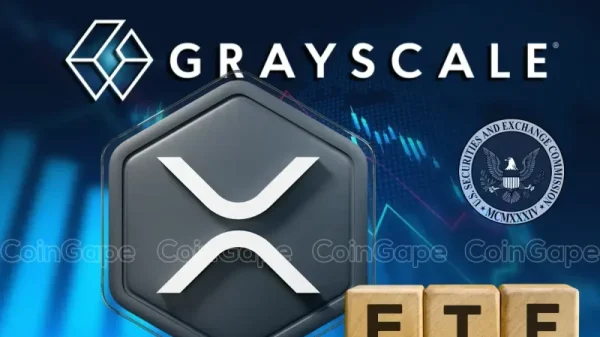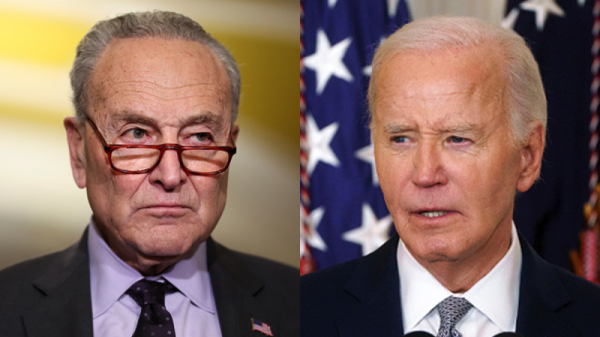AI stocks have been hammered in recent weeks, part of which is related to the macro headwinds, but some of it, at least, is due to concerns of an AI slowdown ahead.
But recent data continues to dismiss such fears as inflated. In fact, if anything, the demand for compute has only gone up in 2025, according to a senior Bernstein analyst, Stacy Rasgon.
“The only ones that seem worried about it are the investors. The companies that are actually doing the spending, it seems like it’s full steam ahead,” he argued in a CNBC interview last week.
DeepSeek is driving demand for compute
Part of the reason why investors are questioning if 2026 could still be a growth year for artificial intelligence is DeepSeek.
The Chinese startup rolled out an AI model in February that it claimed required significantly less computational resources to achieve results comparable to ChatGPT.
However, demand for compute has only gone up since DeepSeek’s launch, Rasgon added.
We’ve seen CAPEX numbers go up. We’ve head stories of GPU shortages as they’re starting to deploy this stuff.
It does actually look like it’s driving demand, not curtailing it.
Still, the iShares Future AI & Tech ETF is currently down nearly 25% versus mid-February.
Nvidia continues to see strong demand ahead
Nvidia chief executive Jensen Huang echoed a similar view at the annual GTC event this month.
In his keynote speech, the industry veteran said DeepSeek’s R1, while efficient, is a reasoning model that actually requires 100 times more computational power than non-reasoning AI models.
This was contrary to initial market assumptions that DeepSeek’s advancements would reduce overall compute demand.
“I’m of the belief that cost reduction, in general, is good – it drives demand. That’s been true in semiconductors over the course of five or six decades.” Rasgon told CNBC last week.
Bernstein’s view on Nvidia stock for 2025
Rasgon’s belief that concerns of an AI slowdown are, in fact, overblown keeps him bullish on the sector darling, Nvidia Corp (NASDAQ: NVDA).
His outperform rating on the artificial intelligence chips giant is coupled with a price target of $185, which indicates potential for a nearly 70% upside from current levels.
The Bernstein analyst agreed that semiconductor stocks tend not to do well during a recession, but added:
Some of the spending on AI, particularly related to productivity savings and cost reductions, and things like that may prove more resilient in a recession than discretionary spending.
Nvidia itself guided for continued momentum ahead in February.
For Q1, the AI chips behemoth expects $43 billion in revenue, which translates to about a 65% year-on-year increase. Analysts, in comparison, were at $41.78 billion only.
The post Has DeepSeek really lowered compute demand in 2025? appeared first on Invezz


































